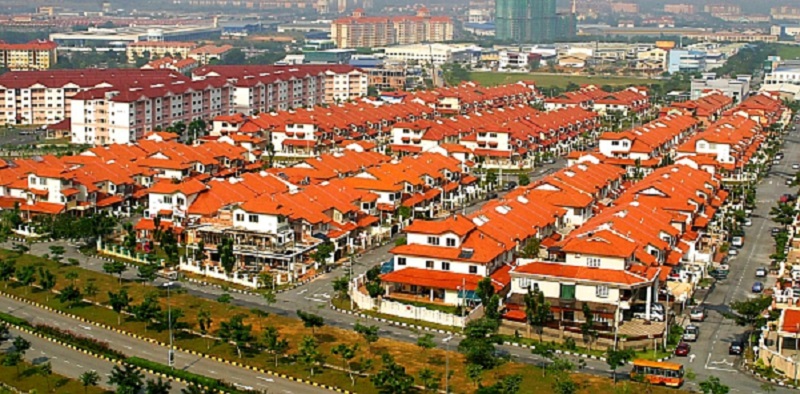The Central Bank of Nigeria (CBN) must be commended for recently committing N200 billion to the Federal Government’s 300, 000 social housing scheme. The project, which is under the Economic Sustainability Plan (ESP), is to help bridge the housing gap in the country. It comprises one, two and three bedroom units and it will cut across the six geo-political zones of the country. Although one bedroom unit reportedly costs between N1.8 million and N2 million, the government said there would be financial assistance for Nigerians to pay the mortgage. About 20 states are said to have indicated interest in the ESP aimed at providing affordable housing for low income earners.
Undoubtedly, housing is one of the basic human needs. But the situation in Nigeria currently is that many people do not have shelter over their heads. For some, flyover bridges are their homes. There are some, like the Internally Displaced Persons, who are homeless on account of conflicts in the North East region. Nigeria’s housing deficit is put at over 17 million while home ownership is as low as 25 per cent.
The reasons for this are not far-fetched. Our population is exploding. Currently, Nigeria’s population is estimated at 206 million. This is the largest in Africa and it is growing at about 3.2 per cent per annum. About half of this number is in the urban centres. In the past 50 years, the country’s urban population has reportedly grown at an average annual rate of 6.5 per cent. By 2050, our population is projected to hit 411 million. By then, it is expected that Nigeria will be the third most populous country in the world. Definitely, this will worsen the housing deficit.
Besides, government has not come out clear on some policy measures to accommodate the new population. Last year, the Minister of Works and Housing, Babatunde Fashola, said the Federal Government was constructing affordable homes in 34 states of the federation as part of the fulfilment of the model National Housing Programme. This is a noble idea. But what is the stage of those houses? Have they been completed and occupied?
Part of the problem is that access to mortgage financing is very low. The Federal Mortgage Bank of Nigeria (FMBN) was established in 1956 to bridge this gap. Kudos to the new management under Ahmed Dangiwa who has been working assiduously in turning around the sector.
Most Nigerians have to rely on their long-term savings to buy houses with full cash payments.
Government established the Nigeria Mortgage Refinance Company (NMRC) in 2013 to address some of these deficits but the challenges remain lack of land titles.
Also, it costs so much to build houses in Nigeria. Beyond the cost of building materials and labour, developers also have to contend with high survey fees, land settlement costs, high cost of Certificate of Occupancy, among others.
The housing deficit has serious implications. The health of those who sleep under the bridges, for instance, is better imagined. Because these people are not protected from the elements, they are under the mercy of such sicknesses as malaria, typhoid and many others. Women among them risk being raped and subjected to other inhuman and degrading treatment.
This is why the CBN’s N200 billion lifeline is welcome. Apart from more houses, it will help create more jobs and has a multiplier effect on the economy. It is projected that about 1.8 million jobs will be created from the project. For instance, there will be local production of building materials.
Already, the Federal Government said about 1.5 million doors; 1.8 million windows and 7.8 million hinges would be needed. There will also be need for cement, paint and some other building materials. With the employment of the services of established developers and young small-medium scale professionals as planned, there is no doubt that artisans will also benefit from the project.
Going forward, government should encourage mortgage institutions to support individuals to build their own houses. To achieve this, there is need for collaboration between the CBN and the Federal Mortgage Bank. With more mortgage facilities spanning up to 25 years tenure at six per cent interest rate per annum, many more Nigerians will be able to have access to decent housing.
Experts estimate that Nigeria needs to build about 700,000 new houses annually to bridge the housing deficit. Currently, less than 100,000 houses are constructed in the country yearly. Therefore, we welcome every effort aimed at providing mass housing to Nigerians. But we advise that the current government’s efforts must be fully implemented and should not end up like some other lofty schemes that were aborted.
More collaboration must be promoted in the sector by Housing Development advocacy network- the leading NGO in the sector in bringing Real estate developers Association of Nigeria, Cooperative associations to join the new train of delivering social housing for Nigerians.All housing stakeholders should support this new experiment for it’s to succeed




